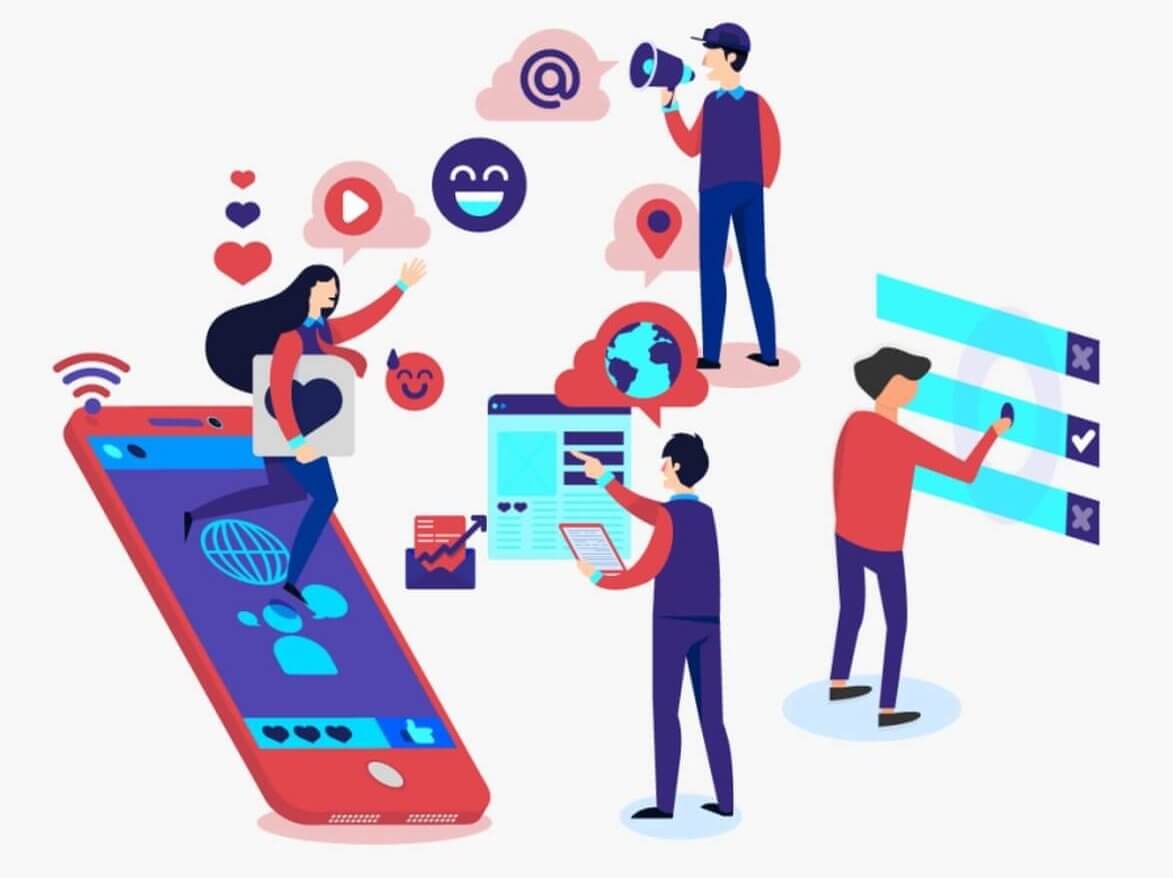Here at C3Centricity, we publish books (Winning Customer Centricity, The Winning Secrets Series), articles, online courses and one of the most popular CPG blogs on customer centricity.
That’s because we’re passionate about helping companies successfully adopt a customer-first strategy.
Since we founded C3Centricity in early 2011, one of our traditions has been to share the most popular posts on customer experience at the beginning of each new year.
This past year has been particularly successful for C3Centricity, with many of our newest books and posts getting the top scores globally! This is quite tough for a blog that has been running for over 13 years and highlights the quality of the content we share each month.
If you’re not yet subscribed, click the link below so you don’t continue to miss the great content we share.
Of course, a few perennials have also appeared in our top 10 list for years, such as the ones on insight development and customer observation.
Since no brand is successful without a foundational insight, and customer understanding is its essential basis, these two will always be popular. They have also remained on Google’s first page for years, which certainly confirms their never-ending need for marketers to fully master.
Take a look at the Top 10 articles of 2024, and see if your own favourites are there.
If not, then please let us know in the comments. Thanks.
Remember to click the title of any posts you missed to read the full content.
If you prefer to listen rather than read:
1. The Power of Atomic Change to Unlock Quantum Growth in Any Business

In this article, C3Centricity explores the concept of “atomic change”—the idea that small, carefully chosen shifts or improvements can combine to produce “quantum growth” for a business. The powerful new process QC2™ … Beyond CX was launched at the beginning of the year, so it is understandable that the introduction was the most popular post of the year.
In the article, we emphasize that while many organizations chase big, flashy transformations, it is often a series of minor, incremental adjustments that truly move the needle over the long run.
A key takeaway is that by focusing on one small area of improvement at a time—such as fine-tuning a customer insight process or adjusting team workflows—companies can gain significant benefits that accumulate and accelerate. The post draws parallels to the principle of marginal gains used in elite sports: tiny enhancements in diverse areas can lead to an outsized overall impact.
To implement atomic change successfully, it is suggested to:
- Define a clear vision and metrics so that each small improvement is purposeful.
- Ensure alignment and buy-in across the organization to sustain momentum.
- Encourage a culture of ongoing learning, open feedback, and continuous iteration.
It concludes by saying that when organizations consistently apply a mindset of small, strategic shifts, they unlock powerful—sometimes exponential—growth and





 This post regularly appears in the top three posts on C3Centricity. This shows the quality of its recommendations and content. And the importance of business insights.
This post regularly appears in the top three posts on C3Centricity. This shows the quality of its recommendations and content. And the importance of business insights. 

 Quantum Customer Centricity (QC2) takes a multi-dimensional view of the four moving parts of a customer-first strategy. It boosts business by leveraging your strengths while identifying the biggest opportunities for growth. It finds the small, key changes that will maximise your company’s benefit.
Quantum Customer Centricity (QC2) takes a multi-dimensional view of the four moving parts of a customer-first strategy. It boosts business by leveraging your strengths while identifying the biggest opportunities for growth. It finds the small, key changes that will maximise your company’s benefit.